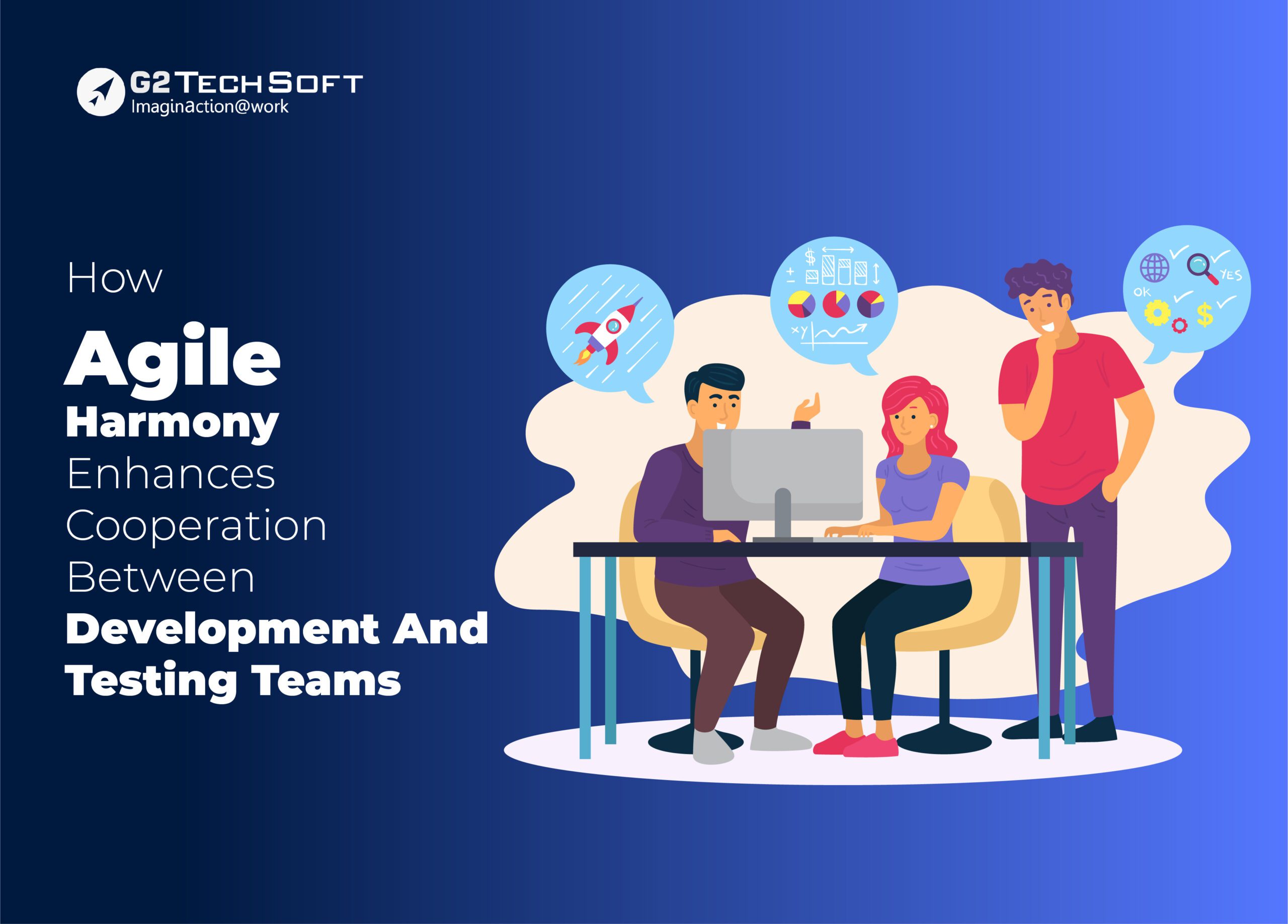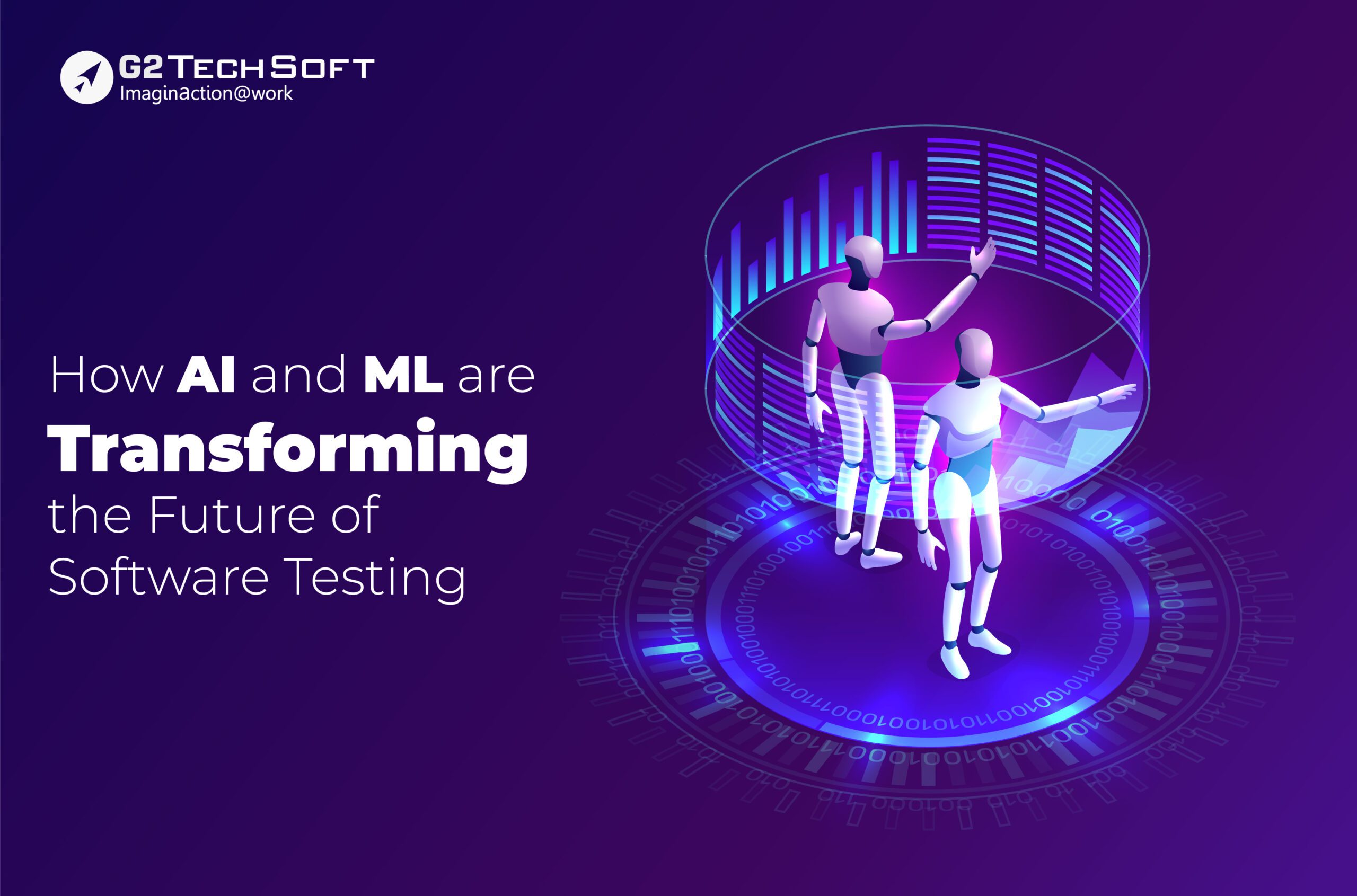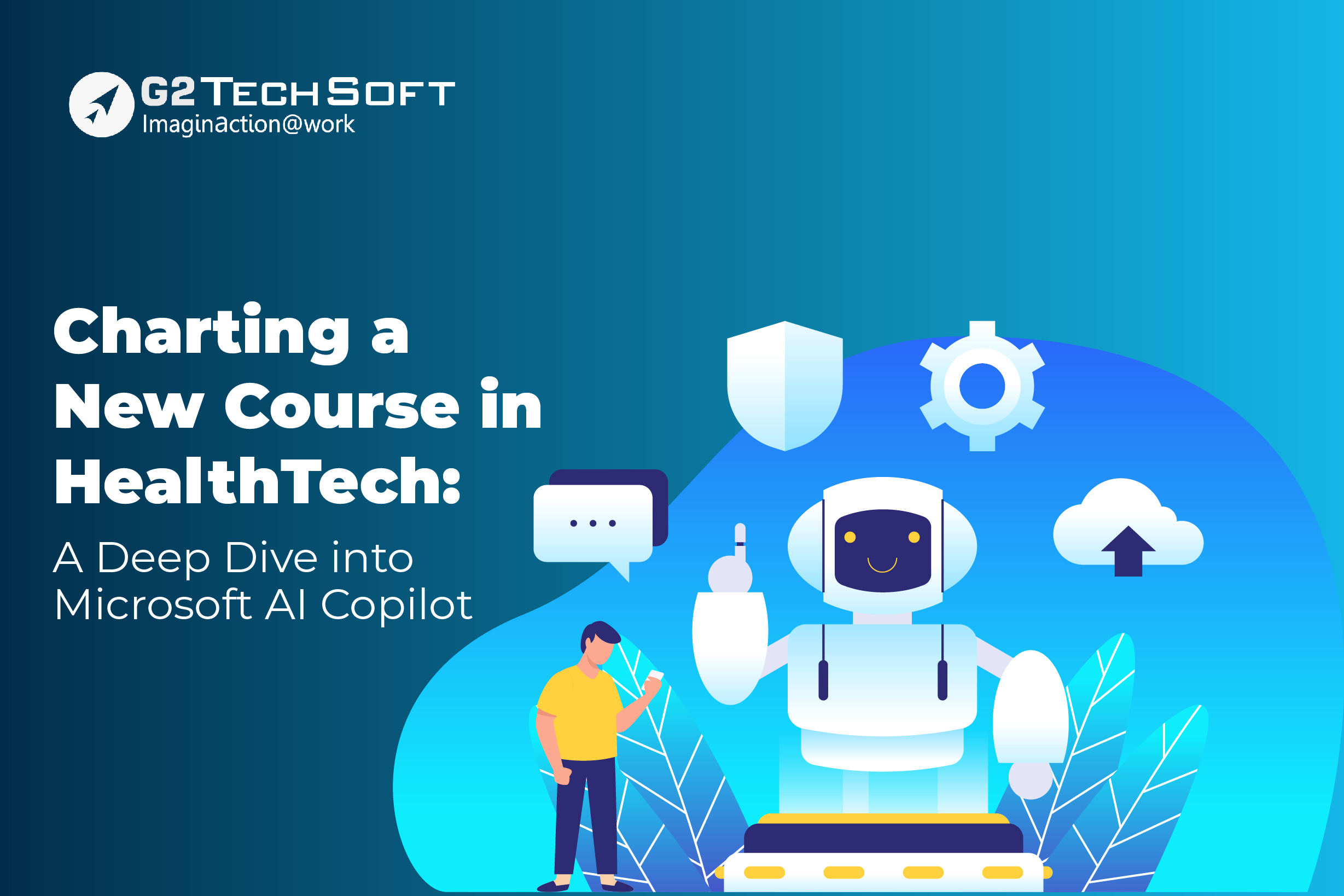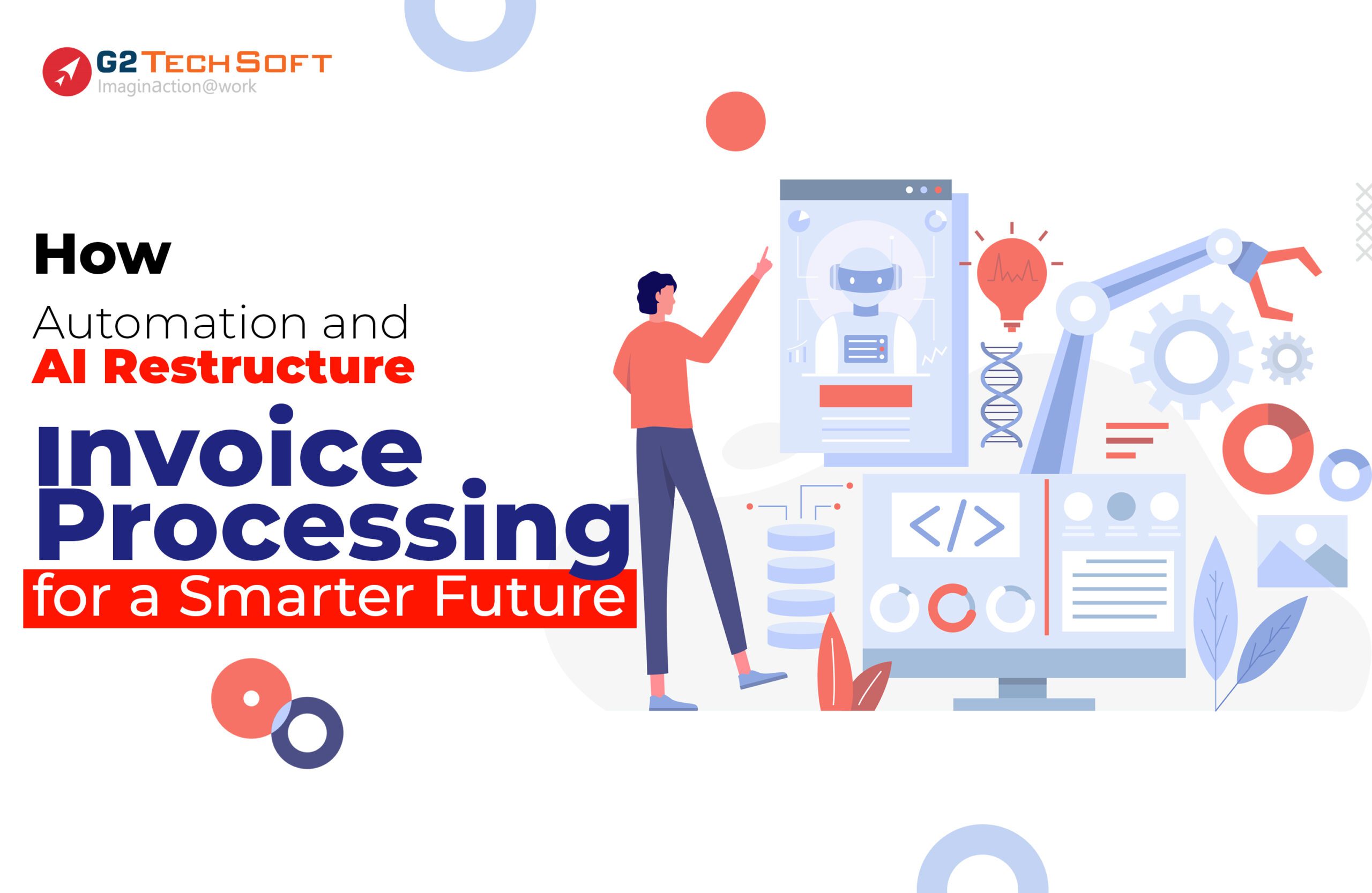
How Automation And AI Restructure Invoice Processing For A Smarter Future
Recent years have witnessed profound transformations in the invoice processing domain, driven by the convergence of automation technology and artificial intelligence. At least 67% of firms worldwide have embraced automation in finance.
As traditional paper-based systems make way for digital solutions, firms globally are harnessing these innovative tools to streamline operations, cut costs, and enhance efficiency. Through the restructuring of invoice management processes, automation, and AI, we chart a course toward a more intelligent future, fostering growth and competitiveness in the dynamic landscape of today’s business environment.
This article delves into the collaborative impacts of automation and AI on invoice processing, examining how these disruptive technologies facilitate quicker, more precise, and more cost-effective financial transactions.
Critical AI Technologies Driving Invoice Automation:
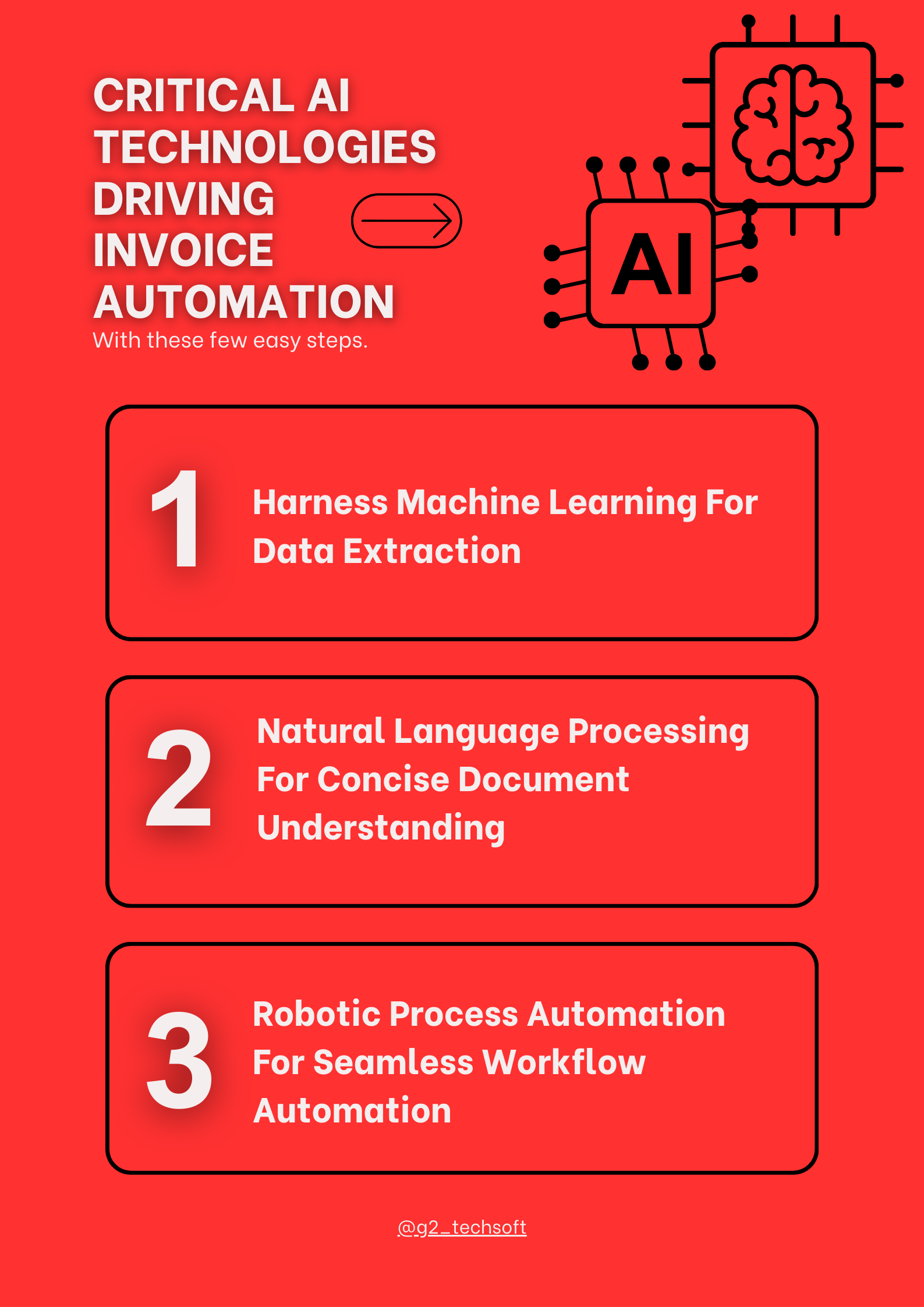
Cutting-edge AI technologies play a pivotal role in reshaping the landscape of invoice automation and automated purchase order systems. Here, we delve into some of these advanced technologies that are driving significant advancements in the field.
A. Harness Machine Learning For Data Extraction:
Machine learning algorithms are at the forefront of revolutionizing data extraction in invoice processing. This technology swiftly and accurately analyzes invoice data, adapting to varying document structures. What sets it apart is its continuous learning capability, eliminating the need for manual input. This ensures precise data extraction and contributes to the system’s adaptability over time.
B. Natural Language Processing For Concise Document Understanding:
The integration of Natural Language Processing brings a sophisticated level of comprehension to automated purchase order systems. This advanced linguistic capability allows the system to understand the context of invoice content, facilitating nuanced interpretation. This is particularly beneficial in grasping the intricacies of diverse document formats and languages, enhancing overall accuracy and versatility.
C. Robotic Process Automation For Seamless Workflow Automation:
Robotic Process Automation takes center stage in orchestrating seamless workflows within automated purchase order systems. It excels at executing task automation, approval processes, and routing with precision. By doing so, it effectively reduces bottlenecks and enhances overall operational efficiency. The convergence of these technologies propels invoice automation into a realm characterized by unparalleled speed, accuracy, and adaptability.
The integration of machine learning, natural language processing, and robotic process automation is transforming the dynamics of invoice automation and automated purchase order systems, ushering in an era of enhanced efficiency and accuracy.
Solutions For Navigating The AI Integration Landscape:
AI-powered accounting software has emerged as a game-changer, transforming vast financial data into actionable insights. Below, we explore the five AI-powered accounting software platforms that are redefining the landscape of traditional accounting tasks.
G2 TechSoft:
Prominent digital transformation firm G2 TechSoft provides AI-powered accounting software tools to help firms boost operational efficiencies and streamline their finance processes. Their expertise in RPA shows that they can create AI-driven systems that can handle invoices and other repetitive accounting operations more quickly and accurately.
QuickBooks:
QuickBooks leverages the power of AI and machine learning to automate essential tasks such as expense categorization, invoicing, and data entry. With features like predictive analytics, cash-flow forecasting, and automated financial reports, QuickBooks stands out as a robust tool that caters to a wide range of accounting needs.
Zoho Books:
Zoho Books incorporates AI for automated banking, data categorization, and anomaly detection. Its AI assistant, Zia, adds an extra layer of functionality by answering finance-related queries, providing valuable business insights, and predicting future trends based on historical data.
Oracle NetSuite:
Oracle NetSuite integrates AI for intelligent, timely, and personalized business decisions. SuiteAnalytics, its AI suite, offers real-time financial insights, empowering businesses to optimize their operations and strategies with data-driven precision.
Sage Intacct:
Sage Intacct employs AI to streamline invoice and expense management, as well as financial forecasting. The platform’s interactive dashboards provide real-time visibility into business performance, offering a comprehensive and intuitive approach to financial management.
Transformative Benefits Of AI Integration In Accounting:
Speeding Up Processes:
One of the hallmark benefits of AI in accounting is its ability to process vast amounts of data at an accelerated pace compared to human capabilities. This acceleration empowers finance departments to meet and surpass productivity goals, ensuring that businesses remain competitive in today’s fast-paced environment.
Enhancing Efficiency And Productivity:
The integration of AI into accounting workflows serves as a catalyst, significantly boosting overall efficiency and productivity. By automating various tasks and expediting existing processes, AI allows accounting professionals to focus on higher-value activities that contribute strategically to the business.
Reducing Errors:
AI significantly mitigates errors in accounting, particularly in critical areas like automated invoice processing and reconciliation. By automating these processes, AI ensures high accuracy and consistency, resulting in fewer discrepancies, reliable financial reports, and a reduction in the time spent rectifying errors.
Automating Mundane Tasks:
AI plays a pivotal role in automating mundane tasks, including data entry and invoice creation. This automation liberates accountants from routine responsibilities, enabling them to channel their efforts towards tasks that enhance the company’s financial health, such as strategic analysis and advisory roles.
Real-Time Data Entry And Bookkeeping:
AI facilitates real-time data entry and bookkeeping, revolutionizing the traditional approach. This instantaneous update of financial information allows business owners and finance professionals to access crucial data immediately. In turn, this enables informed and timely decision-making, contributing to the agility and competitiveness of the organization.
The incorporation of AI into accounting practices not only streamlines operations but also elevates the role of accountants by empowering them to focus on strategic initiatives that drive business success.
Strategic Insights For Implementing Automated Invoice Software:
Embarking on the journey to implement automated invoice software requires careful planning and strategic considerations. The following steps deliver a comprehensive guide to ensure a successful integration:
1. Assessing Your Firm’s Readiness For AI Integration:
Initiate the implementation process by conducting a thorough assessment of your organization’s readiness for AI integration. Evaluate your team’s technological proficiency, the robustness of your data infrastructure, and the willingness of your staff to embrace technological change. This foundational step ensures a clear understanding of the landscape, paving the way for a seamless integration of AI into your invoice management processes.
2. Opting For The AI Solution For Your Business:
Tailor the selection of your AI solution to align with the specific needs of your business. Consider factors such as scalability, compatibility with existing systems, and user-friendliness. Opting for the ideal solution is crucial for optimal performance and a smooth transition for your team. A solution that seamlessly integrates with your workflow enhances efficiency and productivity in invoice automation.
3. Developing A Strategic Implementation Plan:
Craft a detailed implementation plan that encompasses timelines, milestones, and training programs. A strategic roadmap serves as a guide throughout the integration process, ensuring that each phase is well-executed and that your team is adequately prepared to harness the power of AI in invoice automation. By involving every member of your organization in the planning process, you can create a cohesive and collaborative environment for the successful implementation of automated invoice software.
These steps provide a structured approach to implementing automated invoice software, addressing organizational readiness, picking the ideal AI solution, and developing a strategic plan for seamless integration. This comprehensive guide aims to facilitate a successful transition towards leveraging AI to optimize your invoice management processes.
Benefits Of Choosing G2 TechSoft To Optimize Invoice Processing:
- The implementation of advanced technologies results in heightened accuracy and a notable reduction in errors within financial records, ensuring the reliability of accounting data.
- The utilization of automated systems enhances the efficiency of transaction processing and reconciliation, streamlining these critical accounting tasks for faster and more accurate results.
- Automated solutions provide real-time analysis and reporting capabilities, allowing businesses to access up-to-the-minute insights into their financial performance and make informed decisions promptly.
- The integration of advanced technologies strengthens fraud detection and prevention mechanisms, safeguarding financial transactions and mitigating the risks associated with fraudulent activities.
- Automated systems offer greater flexibility and scalability in managing accounting operations, adapting to evolving business needs, and ensuring a seamless expansion of accounting capabilities as the organization grows.
Key Takeaways:
The convergence of automation technology and artificial intelligence has transformed invoice processing, with over two-thirds of global companies embracing finance automation. Cutting-edge AI technologies, including machine learning and robotic process automation, drive significant advancements in systems such as G2 TechSoft, revolutionizing traditional accounting tasks. The transformative benefits of AI integration in accounting, from increased efficiency to real-time data entry, underscore its potential for organizations.
For those considering automated invoice software, G2 TechSoft stands out as a leading digital transformation firm, offering AI-powered tools for optimized invoice processing, enhancing accuracy and efficiency in the evolving landscape of finance.
